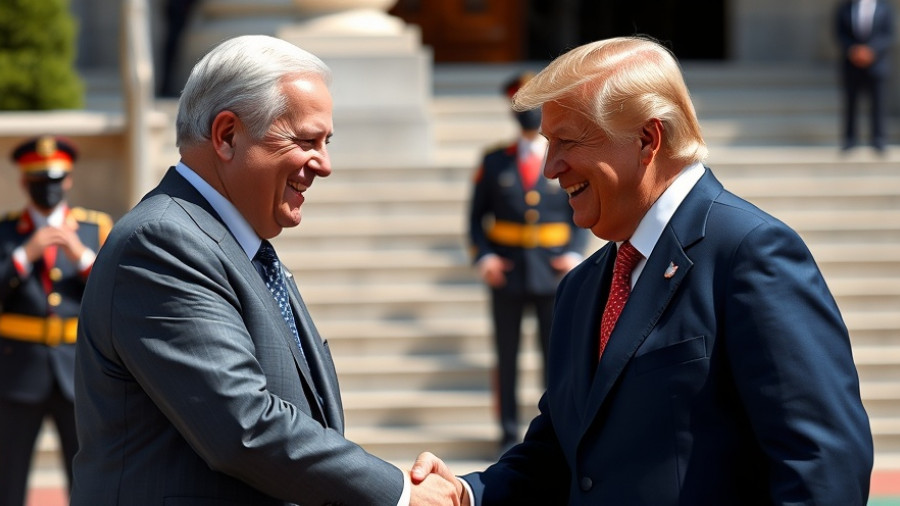
Trump-Putin Meeting on Hold: What’s Behind the Decision?
As tensions escalate in Ukraine, a recent statement from the White House indicates that there are no plans for a meeting between U.S. President Donald Trump and Russian President Vladimir Putin in the immediate future. This decision seems to reflect growing recognition of the widening gap between the conflicting sides amid a prolonged war.
Historical Context: Previous Meetings and Agreements
The last face-to-face meeting between Trump and Putin took place in August in Alaska, where both leaders discussed the ongoing conflict in Ukraine. However, any anticipated breakthroughs from this previous discussion appear to be on shaky ground as Trump suggested a proposal to freeze the current line of conflict—a notion that Russia has dismissed as insufficient for real peace.
The Stalemate in Ukraine: Diverging Positions
President Trump had expressed hope to hold talks in Budapest soon, specifically within a couple of weeks, but the lack of further scheduling highlights a significant impasse. While Trump suggested a ceasefire aimed at solidifying the current front lines, Moscow has made it clear that such a proposal is off the table, claiming it contradicts previously established agreements made with Trump.
Future Predictions: The Road Ahead for US-Russia Relations
Looking ahead, the possibility of a fruitful Trump-Putin summit seems unlikely any time soon. With both leaders facing domestic pressures and geopolitical instability, maintaining open channels of communication could be critical, but the absence of a concrete meeting only exacerbates uncertainties.
Local vs. Global Perspectives: Impacts on Families and Communities
The repercussions of stalled diplomacy between the U.S. and Russia extend beyond military strategies. Families, especially those with connections to Ukraine or Russia, remain in a state of anxiety due to the ongoing conflict. Understanding the complexities of this international situation can help families navigate discussions about current events and its implications on their community and beyond.
Actions to Enhance Understanding and Engagement
To encourage dialogue and awareness about international relations and their impact, families are encouraged to engage with local community groups that focus on global perspectives. Hosting discussions or attending educational events can strengthen understanding and awareness surrounding geopolitical conflicts.
The complexities, differing stances, and historical contexts surrounding U.S.-Russia relations have significant implications for the ongoing war in Ukraine. Tightening connections with local and global communities will advocate for broader awareness and potentially influence future resolutions.
 Add Row
Add Row  Add
Add 




Write A Comment